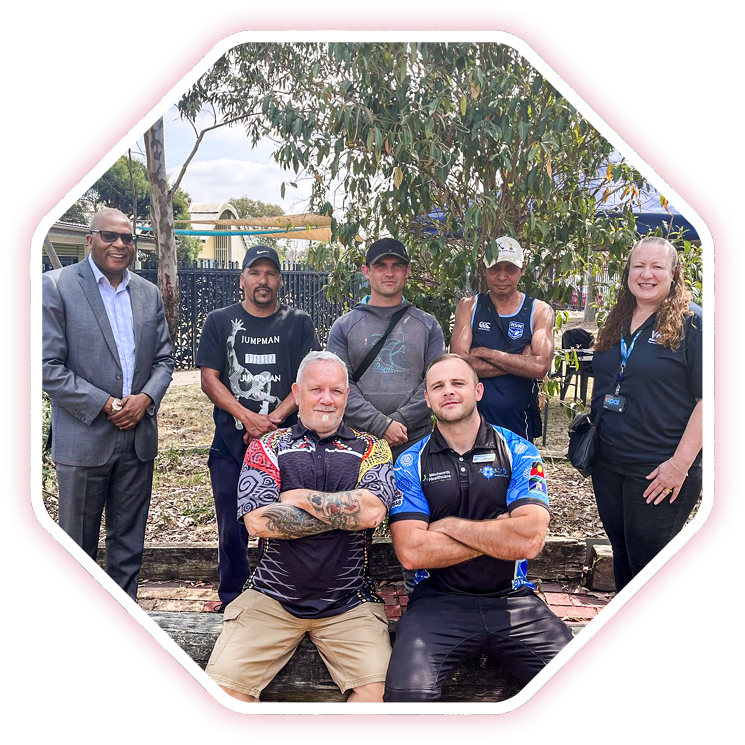We are proudly located on Darug land, home to one of Australia’s largest urban Aboriginal and Torres Strait Islander populations, with over 20,537 Aboriginal and Torres Strait Islander peoples calling Western Sydney home1.
Despite improvements to the life expectancy of First Nations peoples, Aboriginal and Torres Strait Islander children born in NSW between 2020-2022 are still expected to live an average of 6.8 years (males) and 5.9 years (females) less than their non-Indigenous peers2.
Fortunately, almost 50% of the burden of disease for First Nations people is due to risk factors that can be altered3, including the impacts of mental health challenges and contributors to cardiovascular disease.
Our dedication to supporting Aboriginal health is reflected in our comprehensive range of services tailored to the unique needs of the community. These programs are more than services, they are vital parts of our commitment to improving health outcomes and fostering resilience within First Nations communities in Western Sydney.
Aboriginal Counselling Services
Aboriginal Counselling Services (ACS) provide mental health intervention and therapeutic counselling to families and individuals who identify as Aboriginal and Torres Strait Islander. ACS focuses on supporting and assisting clients to navigate the health system and manage mental health conditions in a culturally-sensitive and appropriate way. Counsellors and peer support workers assist clients in dealing with issues such as grief and loss, drug and alcohol, gambling, financial hardship, family violence, sexual abuse and self-harm.
This year the ACS team provided 106 culturally-appropriate services to Aboriginal and Torres Strait Islander community members.
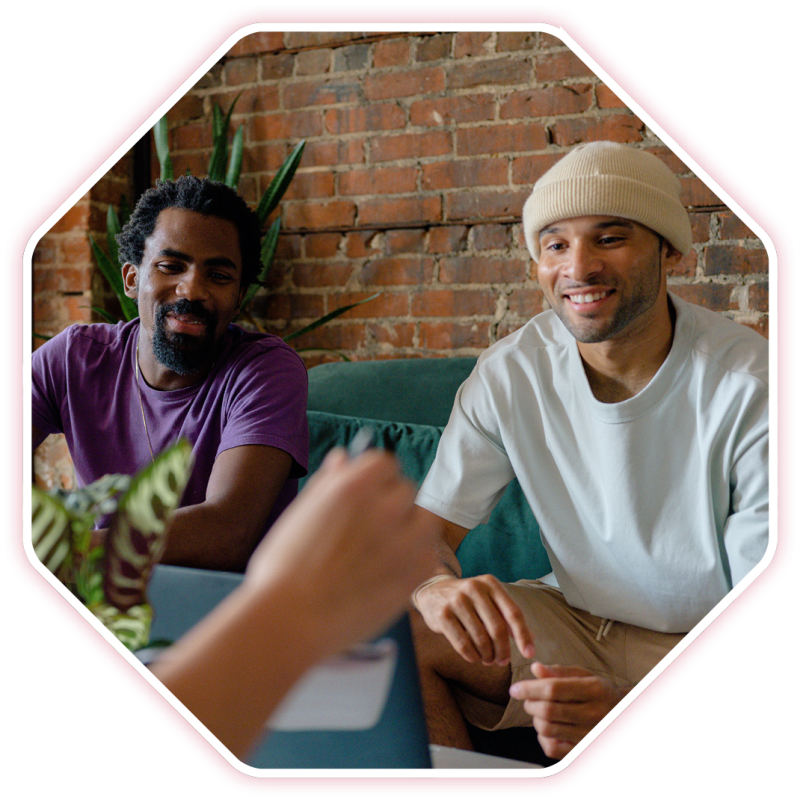
Baabayn
The Baabayn Aboriginal Corporation offers a range of social, emotional and wellbeing activities for Aboriginal and Torres Strait Islanders. Baabayn connects with individuals in a culturally-appropriate way that values the importance of a welcoming environment and provides them with supports and links to services that help them heal from the past and help build towards the future.
Background: Aaliyah* grew up unaware of her Aboriginal heritage. Her father, who had been removed from his family and abused in care, struggled with alcohol addiction and mental health challenges, leaving Aaliyah with a legacy of trauma. His fears of his children being taken away led him to cope through alcohol, affecting Aaliyah’s own mental health and wellbeing.
Support: After her father’s passing, Aaliyah discovered her Aboriginal roots and sought help from Baabayn for culturally-safe counselling. Through narrative therapy, she explored her life story and followed cultural protocols, including seeking permission from family and Elders. This process helped her reconnect with her extended family and ancestral land, where she learned traditional practices, such as gathering bush tucker.
Outcome: Aaliyah’s reconnection with her heritage has led to significant improvements in her life. She now identifies strongly as Aboriginal and spends considerable time on her paternal grandmother’s homeland, which has stabilised her mental health. She has developed a closer relationship with her children, overcome her reliance on alcohol, and found a renewed sense of purpose and stability through embracing her cultural identity.
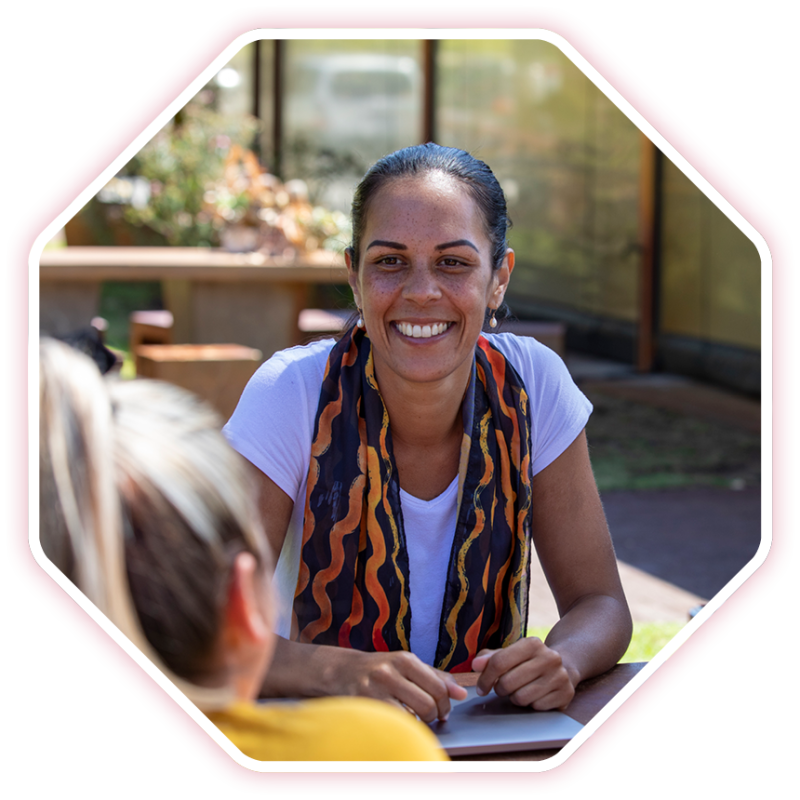
Integrated Team Care
The Integrated Team Care (ITC) program was established to help Aboriginal and Torres Strait Islander people with complex chronic conditions access care coordination, multidisciplinary care and self-management support.
In mid-2023, ITC re-located to new premises at Kimberwalli in Whalan. The site originally opened in 2015 as a transformation of Whalan High School into an Aboriginal Centre for Excellence and was renamed Kimberwalli in 2018 which means ‘many stars’ in the Darug language. With its vision of delivering quality, lifelong learning and cultural wellbeing services, Kimberwalli is a perfect fit for the new home of Western Sydney ITC.
The Kimberwalli community has warmly embraced the team, and ITC is excited to contribute by delivering culturally- sensitive health care for Aboriginal and Torres Strait Islander people with chronic health conditions.
Since the establishment of ITC, the provision of care coordination, expediting access to necessary services and developing care pathways and service linkages, has resulted in an improved quality of life for clients enrolled in the program.
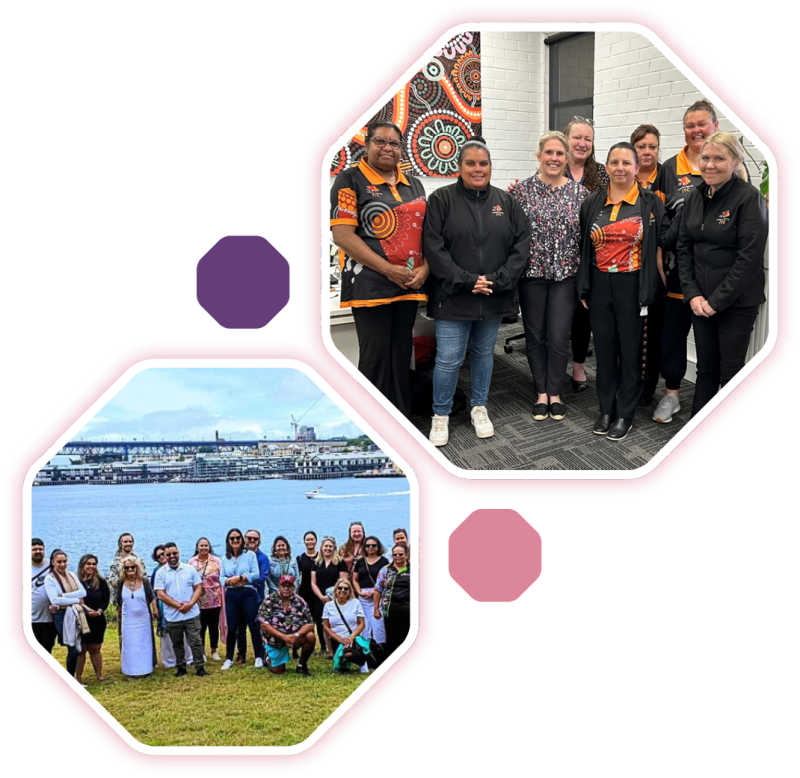
2023, Tribal Warrior Cruise
Marrin Weejali Aboriginal Corporation
For nearly 30 years, Marrin Weejali has been proudly offering social support, emotional healing, and substance misuse services in Western Sydney. Their counselling and group therapy services focus on restoring a holistic connectedness to spirit, mind, body, kinship, community, culture and country.
In addition, Marrin Weejali provides referrals to essential social and welfare services, including legal aid, employment support, medical care, housing assistance and family care.
Their approach is both personal and community-focused, aiming to uncover and address the root causes of substance misuse. By focusing on understanding individual and communal challenges, they assist clients in finding healthy, sustainable solutions to their mental health and substance misuse challenges.
During the 2023-2024 financial year, the program provided support to over 800 First Nations people experiencing harm from alcohol and other drug (AOD) misuse.
The Shed
The Shed is a drop-in connection centre in Mount Druitt which provides a safe and welcoming environment where people can share their stories in a supportive, non-judgemental setting. It aims to improve the wellbeing of members by addressing preventable health issues associated with isolation, stress and other forms of disadvantage. This program offers the opportunity for people to be empowered with knowledge and to be linked to culturally-appropriate services that address their holistic needs.
Although The Shed was initially established for men, they work with an ‘open door’ approach to ensure no one is turned away.
Wolkara Elders
Wolkara Elders is a group of Aboriginal community Elders who work to reduce isolation and build connections to others. The group meets weekly and Elders are supported by an organised transportation service in partnership with Blacktown Workers Club.
The group has been life-changing for the Elders, some of whom were once suicidal, living in isolated homes or nursing homes. Through their connections and support from the group, the Elders have developed as cultural advisors and storytellers. They are valued members of the community and the group gives them a sense of purpose.
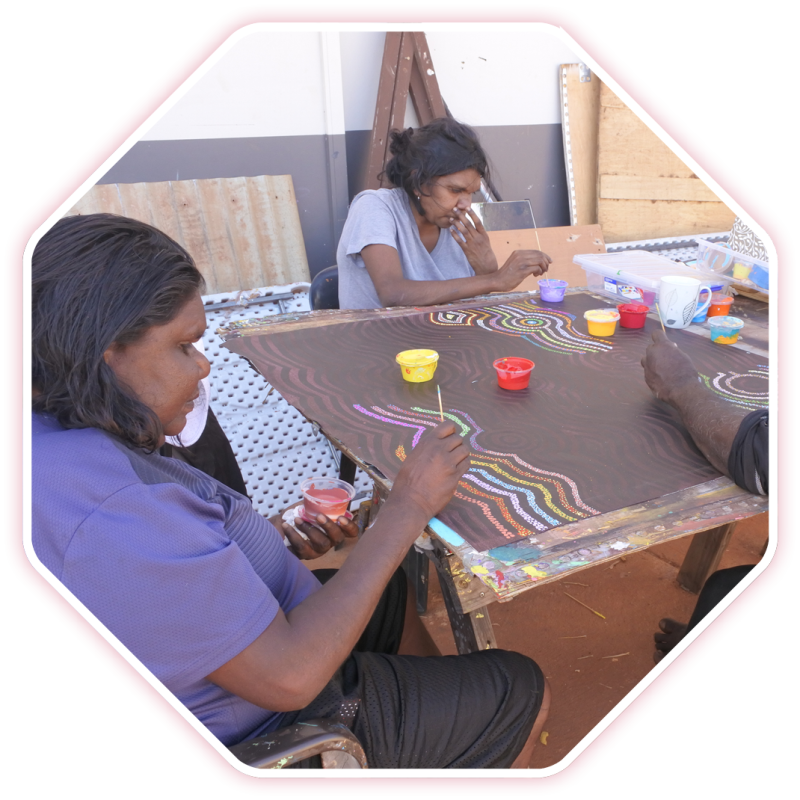
Reference:
- Australian Bureau of Statistics (2021), Data by Region, ABS, available from: dbr.abs.gov.au/
- Australian Government Productivity Commission (2024), Socio-economic outcome area 1: Aboriginal and Torres Strait Islander people enjoy long and healthy lives, Closing the Gap Information Repository, available at: pc.gov.au/closing-the-gap-data/dashboard/se/outcome-area1
- Australian Institute of Health and Welfare (2018), Australian Burden of Disease Study Impact and Causes of Illness and Death in Aboriginal and Torres Strait Islander People, AIHW, DOI:10.25816/xd60-4366

